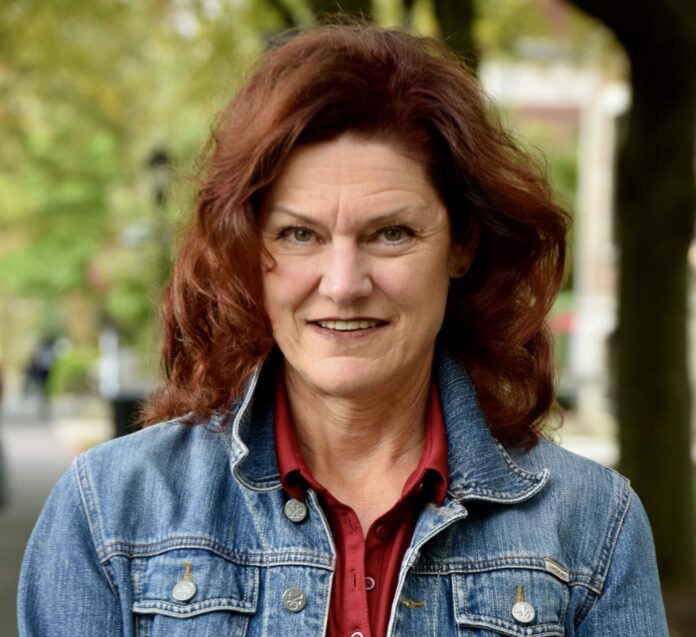On Oct. 2, students woke up to find a link to the Healthy Minds Study survey in their inboxes. Allison Williams, Dean of Students, in an email to the student body on Sept. 9, stated that the goal of the study is to use the resulting data “to improve our mental health policies and programs, to better understand the state of our students well-being and to inform future mental health and wellness programs and policies.” Michele Paules, Director of Student Support Services, organized Muhlenberg’s partnership with the study and is overseeing this year’s survey. To incentivize students to complete the survey, respondents will be entered to win a number of different prizes, some available to students at all of the institutions participating in the study, and others exclusive to Muhlenberg. The prizes which all students are eligible for include one of two $500 awards and ten $100 ones. For the Muhlenberg-exclusive prizes, students will be entered to receive one of ten $50 visa gift cards.
According to the Healthy Minds website, the study was first created by researchers at the University of Michigan in 2007 and provides colleges and universities with a “detailed look at the prevalence of mental health outcomes, knowledge and attitudes about mental health and service utilization.” In addition, the study “emphasizes understanding help-seeking behavior, examining stigma, knowledge and other potential barriers to mental health service utilization.” The survey is designed to take about thirty minutes to complete and includes a number of different questions ranging from demographics and upbringing to diagnostic questions for various mental health conditions. Such conditions include depression, anxiety and numerous eating disorders. Because of those various diagnostic questions, students are given the option to receive a diagnostic report of their answers in order to have a better understanding of their mental health and receive help should they need it. This is an important tool considering the prevalence of mental illnesses among college students: according to Paules, last year’s survey revealed that 44 percent of students nationwide were found to have depression, and 37 percent of students were found to have anxiety.
Williams elaborated on Muhlenberg’s participation in the study, detailing that “it is all part of a four year grant we have with the JED Foundation… this assessment is used to the beginning and end of the grant to determine areas of growth and change in regards to the student body’s knowledge and feelings about these critical topics.” Following the first study, the administration created a specialized group on campus to review the results and work “diligently to develop and begin to implement a set of strategies to enhance the College’s work in [the] area [of mental health],” Williams explained. For example, following the conclusion of the survey last year, the task force implemented new mental health awareness and support training that all faculty, staff and students are encouraged to complete. Following the results of this year’s survey, new policies and strategies will be considered to support and improve the mental health of students on campus.
Overall, students who took the survey liked it. Esther Klinger ‘25, who is a public health major, stated that “from an epidemiology standpoint, it is a good thing. However, because it is self-reporting, there is likely to be a large bias in the data. For example, those who have severe depression might be less willing to fill out the survey, skewing the data. I thought the questions they asked were pretty good, though I wished they had asked more questions related to eating disorders and focused slightly less on depression and anxiety. Overall, I think it is a good study and I’m glad that the College is open to criticism and that they are trying to improve.”
Max Gorman ‘26 also had a positive view of the study. “It was definitely something that would be beneficial for the school to have,” Gorman described. “I think that the school advertises a lot that they are pro mental health help, but they do not always do a lot to actually follow through with that sentiment. [For that reason], I think it is helpful data for the school to have.”
Matthew '24 is a philosophy and political thought major on the pre-law track.






















